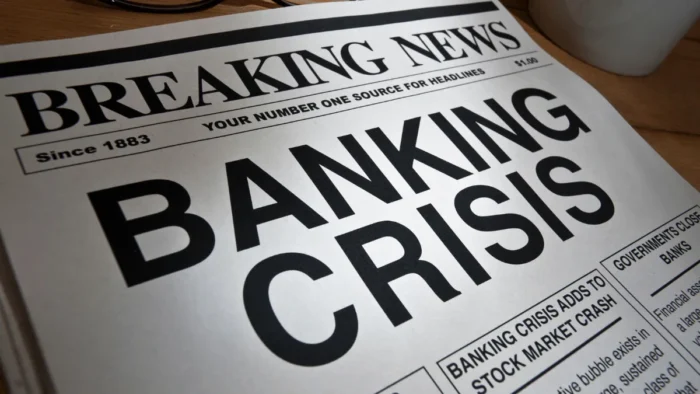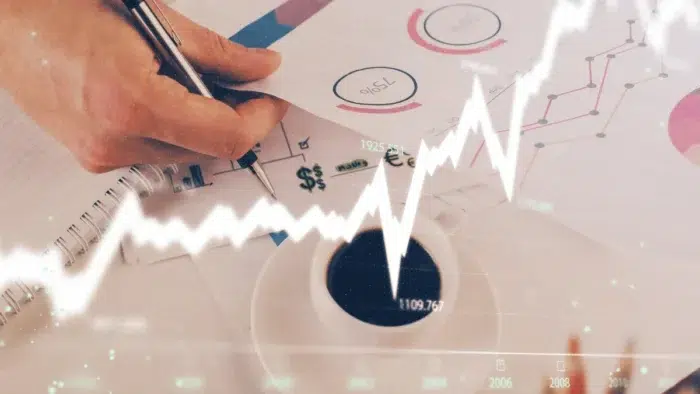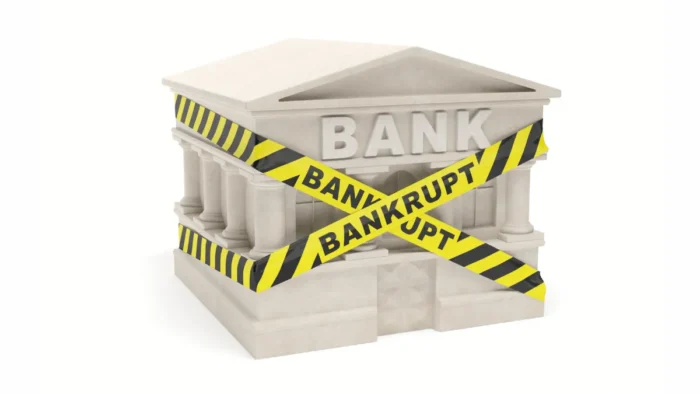After seeing recent high-profile bank failures like Silicon Valley Bank and Signature Bank – both catering to tech companies — many may wonder if their own bank might also go under. Luckily, chances of this occurring are extremely.
However, it’s essential that you understand what will occur if your bank fails.
Protect Your Assets
Since Silicon Valley Bank and Signature Bank recently declared bankruptcy, many consumers are asking: What would happen if my bank fails? While the risk of losing your savings through banking collapse may be low, it does happen on occasion due to poor management, economic downturns, regulatory issues, embezzlement or cybersecurity breaches. You can click the link: https://csrc.nist.gov/glossary/term/breach to learn more about cybersecurity breaches.
If your bank is insured by the Federal Deposit Insurance Corporation (FDIC), then your accounts are safe from damage. They provide up to $250,000 protection per individual account holder and $500,000 coverage for joint accounts.
When a bank fails, the FDIC often acts as receiver and sells off assets to pay depositors and creditors. After selling off assets for sale, they’ll then notify you that your account has been transferred to a different institution as well as sending updated checks and debit cards for your convenience.
What will happen with direct deposits like paychecks or Social Security benefits is more complex. In most cases, the FDIC will appoint a temporary bank that accepts these payments – you should receive notice in the mail with more details on where these payments should go.
Be mindful of the fact that it takes time for the FDIC to manage a bank failure, leaving you in need of finding new homes for your funds pending management decisions from the regulators. Depending on what kind of accounts you hold, funds may either remain with your existing bank or they could move elsewhere.
As part of your efforts to reduce bank failure risk, it’s best to divide your funds among various banks so that your FDIC coverage doesn’t exceed its maximum limit.
A financial advisor can offer guidance as to how best protect your assets against bank collapse risks while helping keep calm about making any impulsive financial decisions that could backfire – such as investing in safe online savings accounts with high interest rates or setting aside some assets in cash or certificates of deposit (CDs) to secure your finances should an emergency occur.

Prepare for a Bank Shutdown
As a consumer, your chances of being affected by a bank failure may be relatively small; nevertheless it is wise to keep an eye out and be ready to act should your local bank fail. Banks fail when their assets and liabilities do not balance properly – when depositors, lenders or others cease lending money, which leads to cash running short and ultimately prompts it to close down and shut its doors forever.
Bank closures can have serious repercussions for businesses, particularly startups. When Silicon Valley Bank closed, its closing sent shockwaves through the tech sector as companies that relied on them for payroll payments were left without funds temporarily.
Though it can be challenging to know what signs to look out for, you can prepare by staying abreast of your bank’s financial statements and regulatory filings. These documents provide an accurate picture of its health by detailing deposit inflows/outflows, capital levels, credit losses and funding sources.
Keeping tabs on this information may allow you to spot red flags before they escalate further. It should be noted, however, that most data necessary for filing such reports only becomes available at a delayed pace.

Know Your Rights
As bank failures make headlines, they may prompt people to reconsider whether or not they have enough savings and protection in case a disaster strikes. While bank failures have decreased since 1900 thanks to tighter regulations on banks and deposit-guarantee funds, they can still occur and you should know some important points should your bank close down. You can visit this site to learn more about the history of banking regulations.
When your bank fails, the FDIC will make every effort to place your deposits with new owners as quickly as possible – or pay out your deposits promptly within two business days of bank closure. Credit union deposits are protected as well by the National Credit Union Administration which prioritizes protecting members in case of failure.
If you’re concerned about the future of your bank, contact both state and federal regulatory agencies for guidance. The FDIC website contains a listing of insured banks which must display an official FDIC sign at their teller windows; their staff can answer questions about its state as well as provide assistance finding another place for funds storage.

Diversify Your Holdings
Money managers usually advise their clients to diversify their portfolio in order to protect themselves against unexpected future developments and prevent putting all their eggs in one basket, which is a risky strategy. Diversification doesn’t eliminate risk altogether but may reduce it over time, helping investors stick with long-term plans more easily while potentially earning above average returns. It can also help protect your assets in the case of a bank failure; remember that the FDIC insurance only covers a certain amount of money per account.
Diversification means spreading out your money across several assets that perform differently under various economic conditions, so if one asset declines in value, another increases. Diversifying can protect you from catastrophic losses while helping stabilize results over time.
Investors can diversify their holdings by purchasing shares of different companies from across industries. They can also buy bonds, real estate investments, international securities and cash or money market funds.
Mutual funds and exchange-traded funds (ETFs) offer another convenient method of investing across asset classes–they typically cost less than purchasing individual stocks and bonds directly.
Diversification goes beyond investing in different assets; it also requires that they have low or negative correlations among themselves, known as geometric diversification. When one asset class rises, another tends to fall or vice versa – stocks and bonds often exhibit such characteristics of diversification.
Diversify your portfolio by investing in stocks from both large and small public companies, while diversifying bond holdings by purchasing both short-term and longer-dated bonds – this can help manage interest rate risk more efficiently.
Avoid owning too many shares in any one company, no matter how well-known or financially strong. Should the economy stall out or new regulations impact one industry, all related companies could see their values decline and thus diminish your portfolio returns.
Your portfolio can become even more diversified by investing in stocks from different countries and diversifying within the stock market with index funds that track broad indices such as the Standard & Poor’s 500 for major companies, or purchasing emerging market and international company index funds that provide exposure.
Many investors are choosing to utilize precious metals as a way of diversifying their holdings. This is because precious metals have an inherent value that is not tied to any country’s currency rate, which means they do not suffer the same devaluation from inflation as other investments. This prompts some investors to setup a gold IRA as part of their investment strategy. A qualified expert can assist with this transaction.
Furthermore, periodically rebalancing your portfolio so its weight accurately reflects each asset’s performance will ensure your target allocation remains on target while decreasing trading fees is beneficial as well.
While bank failures are rare, it makes good financial sense to protect yourself in any way possible. This means ensuring your accounts are FDIC insured, keeping tabs on your baking institution, and diversifying your holdings so that one financial crisis can’t wipe out all of your savings.



